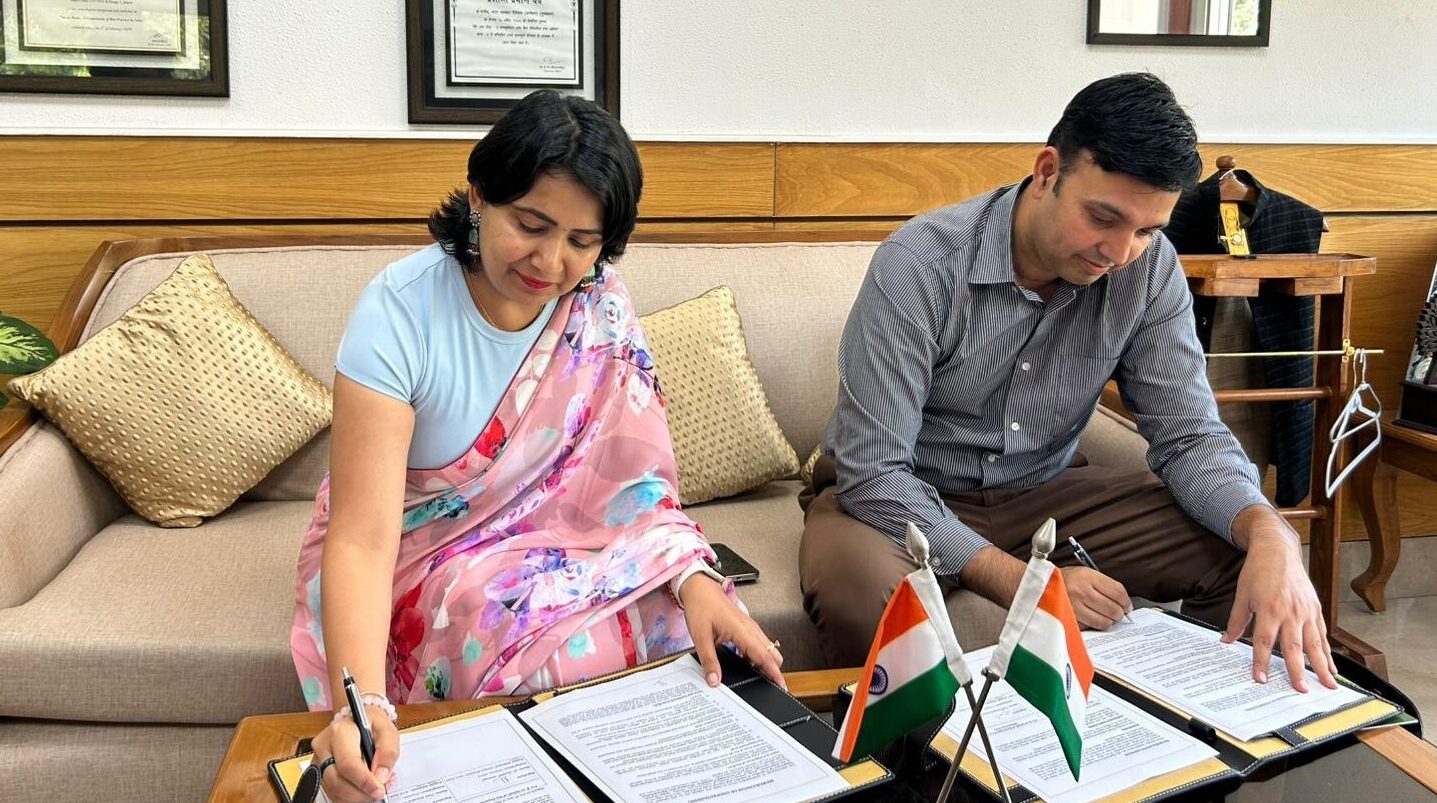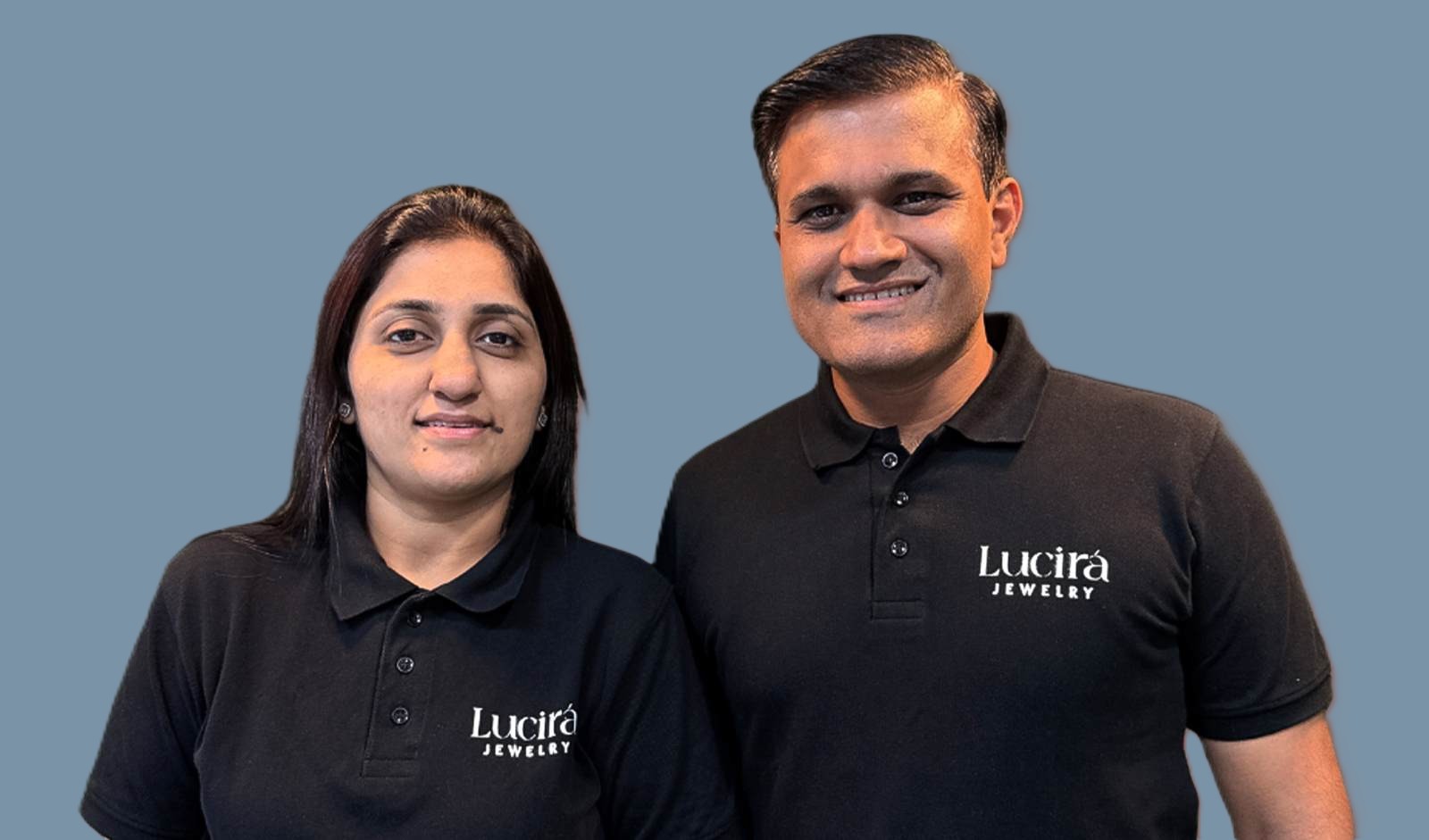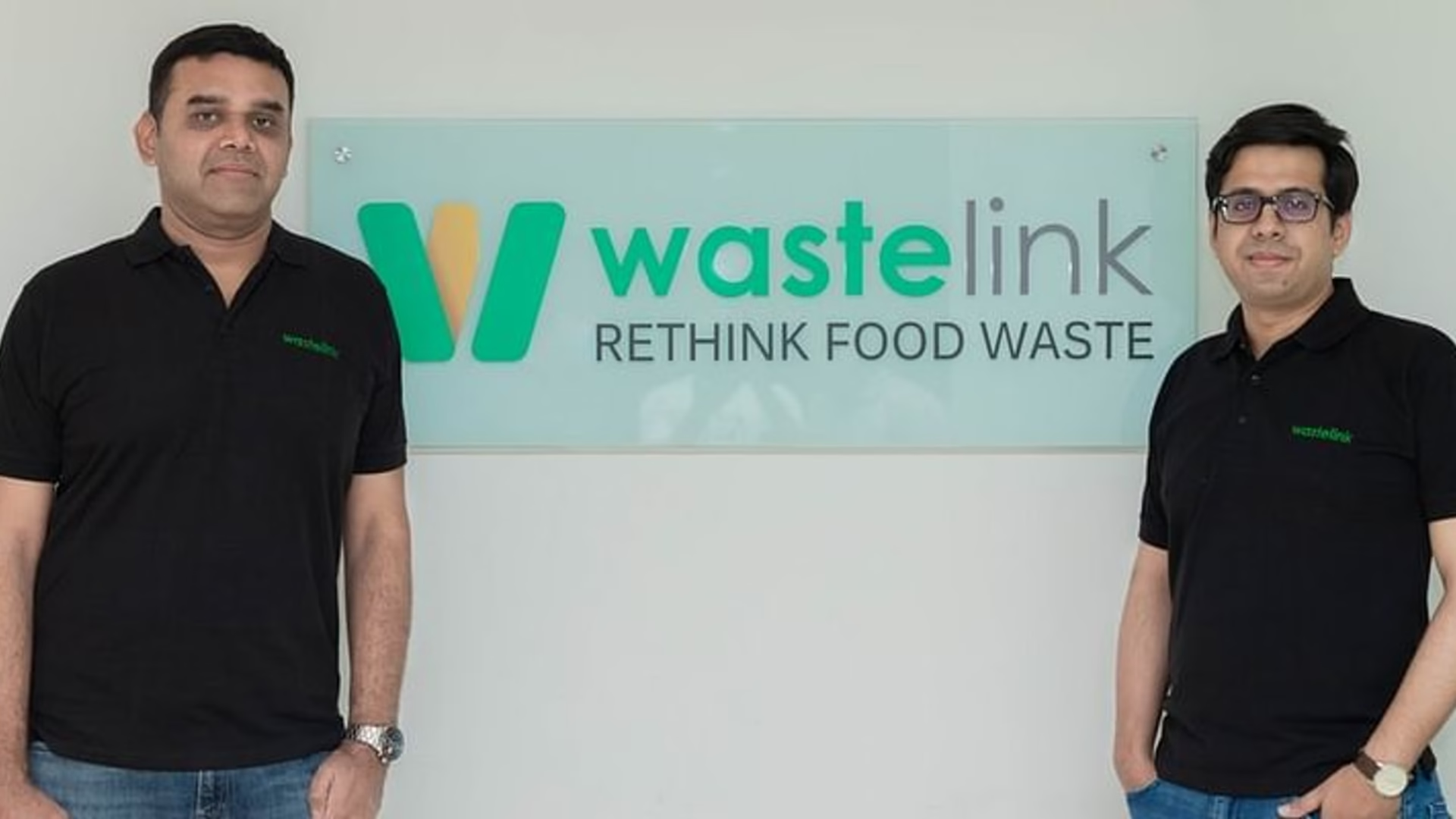Ahmedabad-Based Startup Founded by Ex-ISRO Scientists Secures Funding to Advance Sustainable Space Technology
Ahmedabad-based spacetech startup Orbitt Space, co-founded by former Indian Space Research Organisation (ISRO) scientists Christopher Parmar and Anupam Kumar, has successfully raised $1 million in a pre-seed funding round. The round was led by pi Ventures, with participation from IIMA Ventures. This capital injection is aimed at accelerating Orbitt’s development of cutting-edge satellite propulsion systems designed specifically for the largely untapped Ultra-Low Earth Orbit (ULEO), opening new frontiers in sustainable space technology.
Unlocking the Potential of Ultra-Low Earth Orbit
ULEO is that part of Earth’s orbit that is bounded by 250 kilometers in altitudinal distance or less. The habitations of ULEO by satellite operators were bound by the constants of human intuition. Operationally, satellite operators have attempted to strictly avoid ULEO because of the extremes associated with the atmosphere’s drag , fast orbital decay in ULEO, and operational debris for satellite operators petitioning these space areas. To date, this part of Earth’s orbit has been uninhabited, while it holds significant opportunity notable for the extreme high-resolution imaging, minimal latency, shielding from naturally occurring radiation, and much lower missions costs. Satellites operating in ULEO can use off-the-shelf commercial electronics, without the shielding overhead required for non-ULEO missions, reducing mission overhead.
Orbitt Space is pioneering an innovative air-breathing electric propulsion system designed to utilize the residual atmospheric gases as propellant. Unlike conventional satellites that carry limited onboard fuel for maneuvers, Orbitt’s propulsion technology continuously harvests atmospheric particles to maintain orbit, enabling satellites to sustain operations for 5 to 7 years even in this challenging environment. This breakthrough could dramatically extend mission lifespans and reduce satellite mass, further cutting launch and production costs.
Founders’ Expertise and Vision Shaped by ISRO Experience
With extensive technical experience at ISRO, Christopher Parmar and Anupam Kumar were both highly experienced in satellite design, environmental testing, and mission planning. Each of these experiences put them face to face with the reality of limited timeframe of satellite longevity in orbit, and it was this experience that drove them forge a path ahead to create Orbitt Space with the ambition to build satellites that are highly reliable, cost effective, and environmentally sustainable.
In particular, their work on satellite systems that must withstand harsh space environments informs Orbitt’s approach to combining propulsion, avionics, and satellite bus design into an integrated solution tailored for ULEO’s unique conditions. Their goal is to redefine the global benchmark for satellite performance by demonstrating that sustainable, long-duration missions in lower orbits are both feasible and commercially viable.
Strategic Use of Funding: Research, Development, and Team Growth
The $1 million pre-seed funding round will support multiple critical initiatives at Orbitt Space. The capital will accelerate the design and development of its proprietary electric propulsion technology and advanced avionics systems. Furthermore, it will enable the startup to recruit and expand a world-class team of engineers and scientists to support the complex R&D efforts necessary for prototype fabrication and testing.
Thorough ground and in-space testing will be critical to validate Orbitt’s technology and to demonstrate performance consistency in their systems under high atmospheric drag. This step will be imperative for future financing and partnerships as Orbitt moves to commercialization.
Also Read: Good Earth: Blending Indian Artistry with Global Luxury
Addressing the Growing Threat of Space Debris
Low Earth Orbit (LEO) has become congested with over 40,000 trackable objects and an estimated 1.2 million smaller debris segments. This debris presents extreme dangers to satellites, including collisions, which can damage or destroy expensive space assets. Orbitt Space’s focus on ULEO is partly motivated by its self-cleaning nature: satellites operating at these low altitudes naturally deorbit within months to a few years after mission completion due to atmospheric drag, thus minimizing long-term space debris.
By enabling longer, sustainable satellite missions in this orbit without generating additional debris, Orbitt’s technology aligns with global efforts to mitigate the growing space debris crisis, preserve orbital environments, and ensure the longevity of space-based infrastructure.
Global Innovations in Air-Breathing Electric Propulsion
Orbitt Space’s propulsion system falls within a cutting-edge category of electric propulsion technologies globally researched but yet to be widely commercialized. Air-breathing electric propulsion uses ambient atmospheric particles as propellant, which contrasts with traditional chemical or electric thrusters that carry limited onboard fuel. This approach offers several advantages, including reduced launch mass and longer operational lifespans.
Several international research programs have explored similar propulsion concepts, but Orbitt aims to be among the first companies to demonstrate and commercialize this technology at scale. Successful deployment will mark a significant milestone in satellite propulsion innovation, enabling new classes of missions previously considered too costly or impractical.
Empowering India’s Strategic and Commercial Space Ambitions
The mission of Orbitt Space goes beyond developing technology; it represents India’s aim to enhance its strategic footprint in a rapidly growing global space economy. The startup aims to provide satellite platforms that can facilitate ultra-high-resolution Earth observation and low latency telecommunication, climate monitoring, surveillance and observation for scientific research.
By focusing on affordable, sustainable satellite systems, Orbitt supports India’s goals to strengthen national security, enhance disaster management capabilities, and improve environmental monitoring, all while fostering the growth of the domestic space industry and innovation ecosystem.
Orbitt Space is leading the way in revolutionizing and advancing the space technology landscape globally and is exploring sustainable and innovative new satellite propulsion and satellite orbital operations. With exciting new funding and technological developments, we are uniquely placed to lead India and potentially the world-into a more sustainable and efficient space era.
Also Read: GROWiT Raises $3M to Revolutionize Indian Agriculture

























